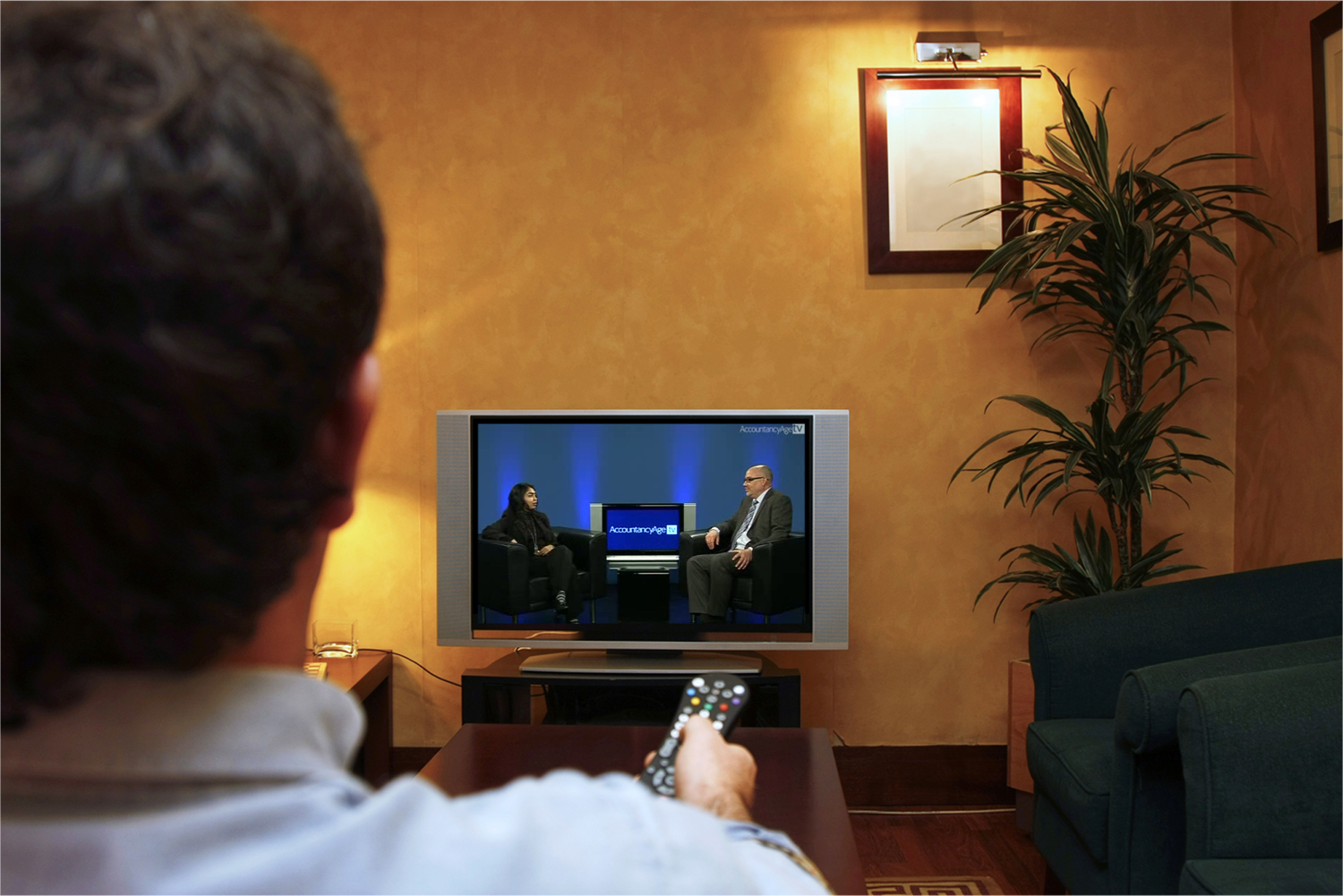Household Bills
Will the TV licence be scrapped?

The government is set to announce that the TV licence will be abolished in 2027 and funding for the BBC frozen.
Culture secretary Nadine Dorries is reported as saying that the next licence fee announcement “will be the last”.
The current TV licence fee is £159 per household. Those who are blind or severely sight impaired are entitled to a 50% discount and so pay £79.50. A black-and-white TV licence costs £53.50.
Since August 2020, everyone aged 75 or over now needs to pay for their TV licence. The only exception to this is if you claim pension credit, in which case you can get your licence for free.
Anyone watching or recording TV programmes as they are shown on TV, or watching or downloading BBC programmes on iPlayer, needs to be covered by a licence. This applies whether they are using a TV, computer, or any other equipment.
Money raised from the licence fee pays for BBC shows and services – including TV, radio, the BBC website, podcasts, iPlayer and apps.
Dorries is expected to announce that the cost of an annual licence will remain at £159 until 2024 before rising slightly for the following three years. She said this would be the end of the current licence fee funding model for the BBC.
The decision was briefed to selected media outlets as part of a range of measures designed to shore up public support for Boris Johnson after he faced calls to resign as prime minister following news that numerous parties were held at Downing Street while the country was in lockdown.
If the licence fee is scrapped, the BBC will have to negotiate a new funding model with the government. Options include a subscription service, part-privatisation, or direct government funding.
The licence fee’s existence is guaranteed until at least 31 December 2027 by the BBC’s royal charter, which sets out the broadcaster’s funding and purpose.